Every Southern state has its favorite songbirds, and every state has a state bird (or two) that it celebrates. As to what defines a songbird, according to Encyclopaedia Britannica, «Songbird [is] any member of the suborder Passeri (or Oscines), of the order Passeriformes, including about 4,000 species—nearly half the world’s birds—in 35 to 55 families.» This encompasses many, many birds. We’ve picked just a few of our favorites. From the blackbirds with red shoulder pads to the murmuration-forming starlings, these birds have plenty to recommend them, including their warbles, chirps, and whistles. They’re memorable because of their appearance as well as the songs they sing—some of which are, admittedly, more musical than others. We love when they visit our gardens, even if they do like to eat our berries (we’re looking at you, Robin Red-Breast). If you’d like to learn how to attract birds to your garden, check out Grumpy’s tips. Then take a spin through this list of Southern birds of prey.
American Robin
Turdus migratorius
These familiar, red-breasted birds are harbingers of spring across the Southern states and throughout the U.S. The American Robin is a member of the thrush family and enjoy a diet of fruits, worms, and insects.
Brown Thrasher
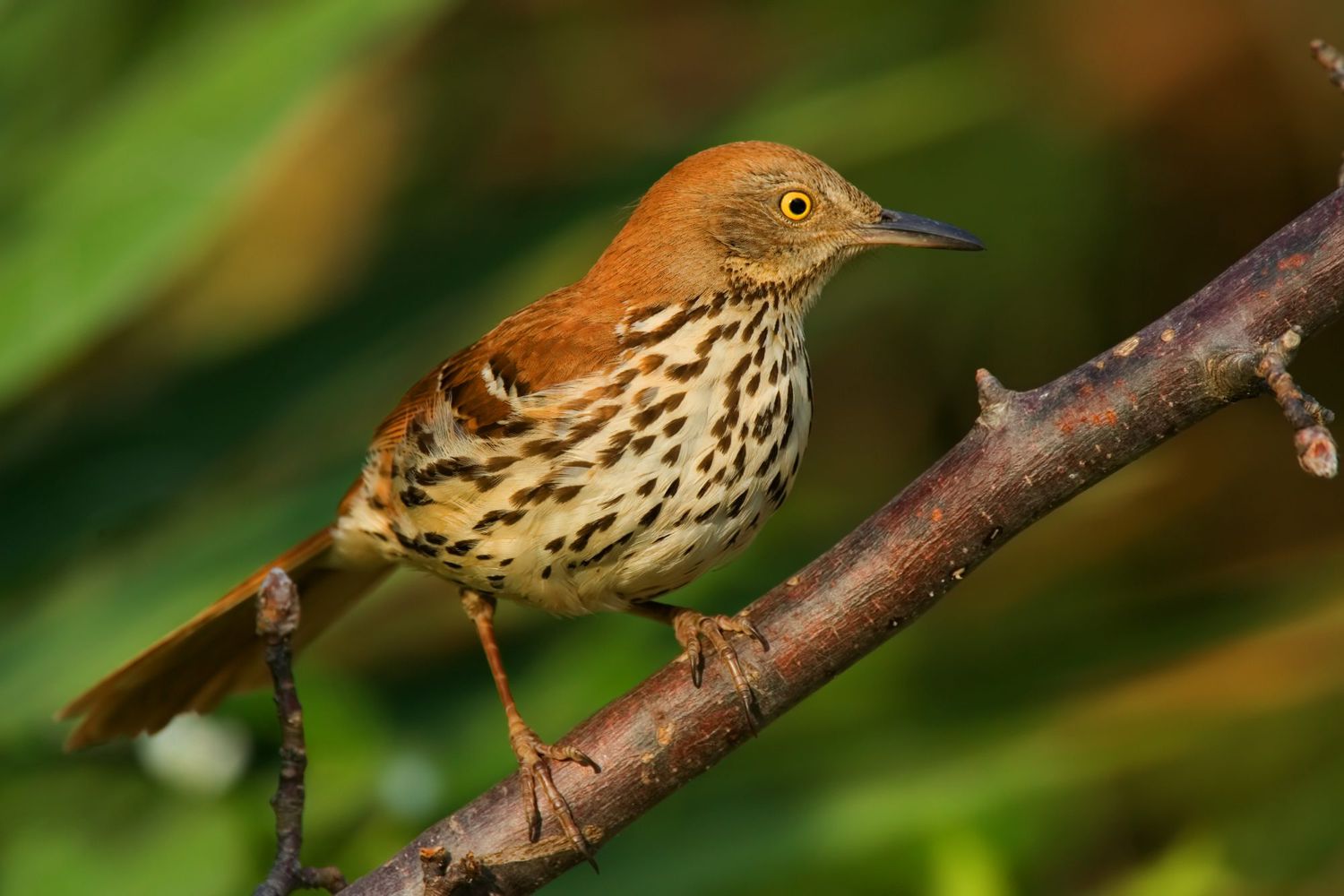
Toxostoma rufum
Found year-round in many Southern states—including Louisiana, Arkansas, Mississippi, Alabama, Georgia, and Florida—this big, reddish-brown bird is the state bird of Georgia. A brown thrasher can be identified by its distinctive feathers and relatively upright posture.
Carolina Wren
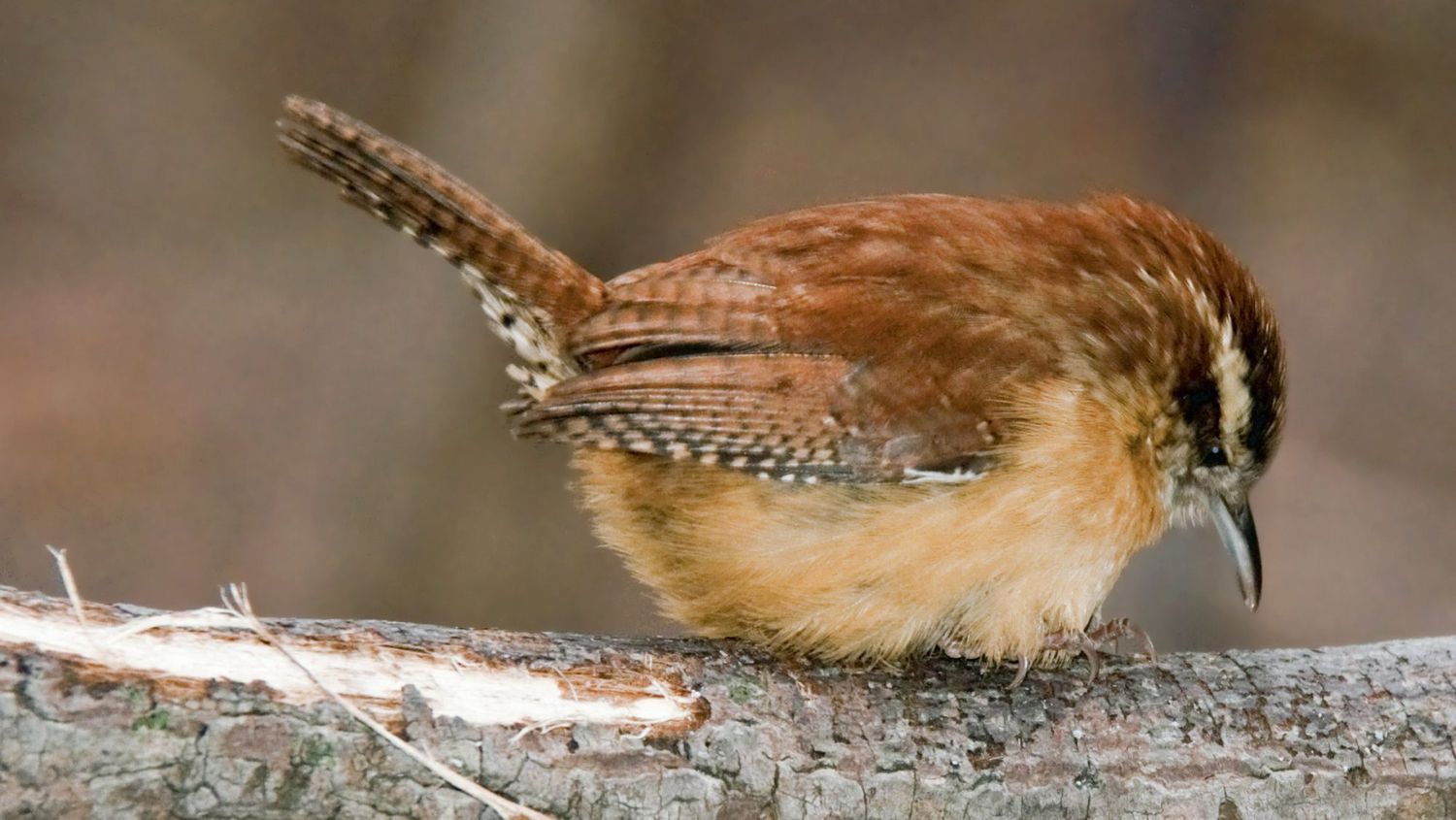
Thryothorus ludovicianus
These birds, which are commonly found throughout the South in all seasons, emit a distinctive, musical song. Known for being more shy than other birds, they are often heard rather than seen. During summers in the Eastern U.S., woodlands are filled with their song.
House Finch
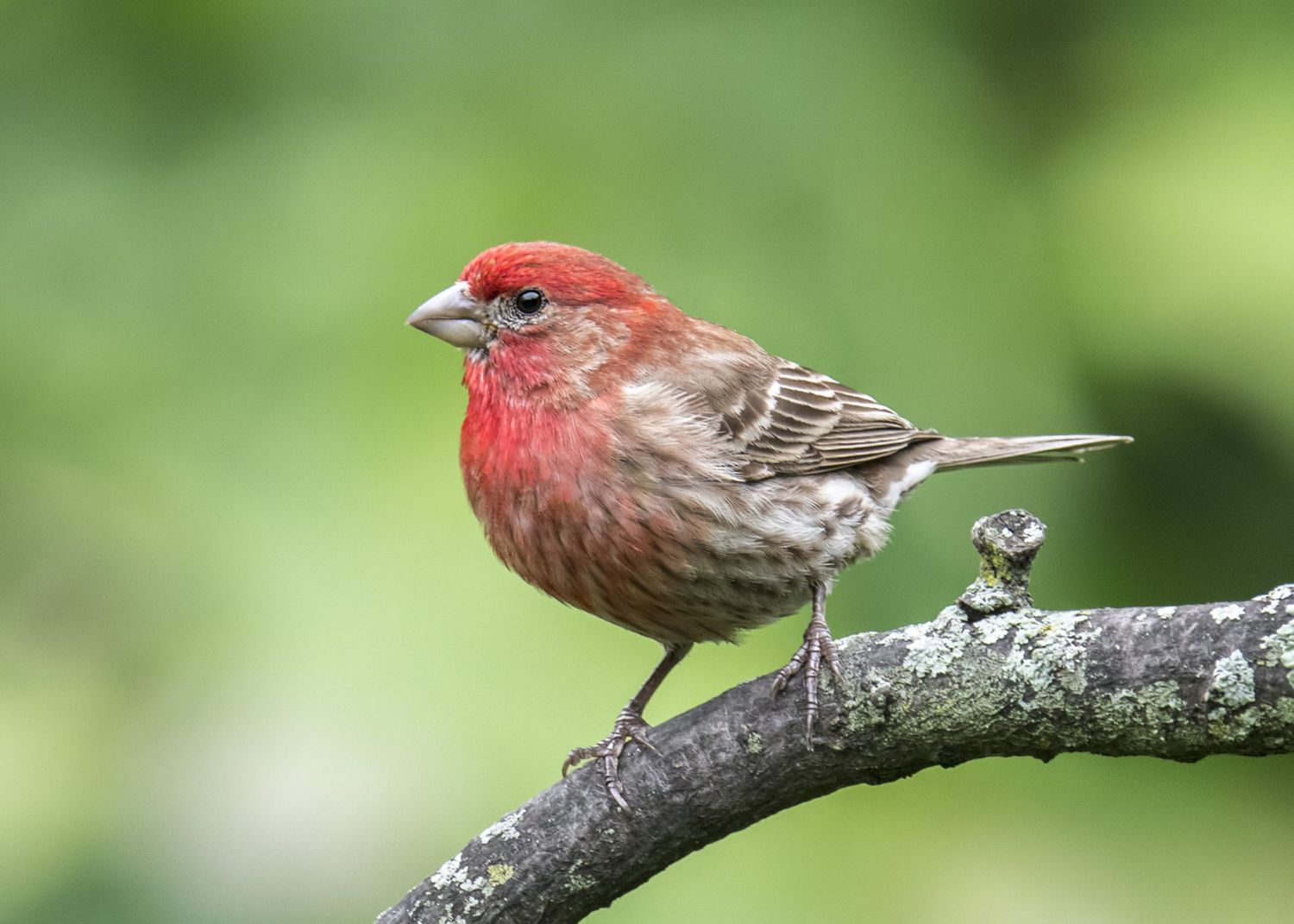
Haemorhous mexicanus
Finches have bright, cheerful chirps and can be found across the U.S, as far north as Maine and throughout the Southern states. The bright red cap and breast of the adult male house finch is eye-catching in the landscape.
House Sparrow
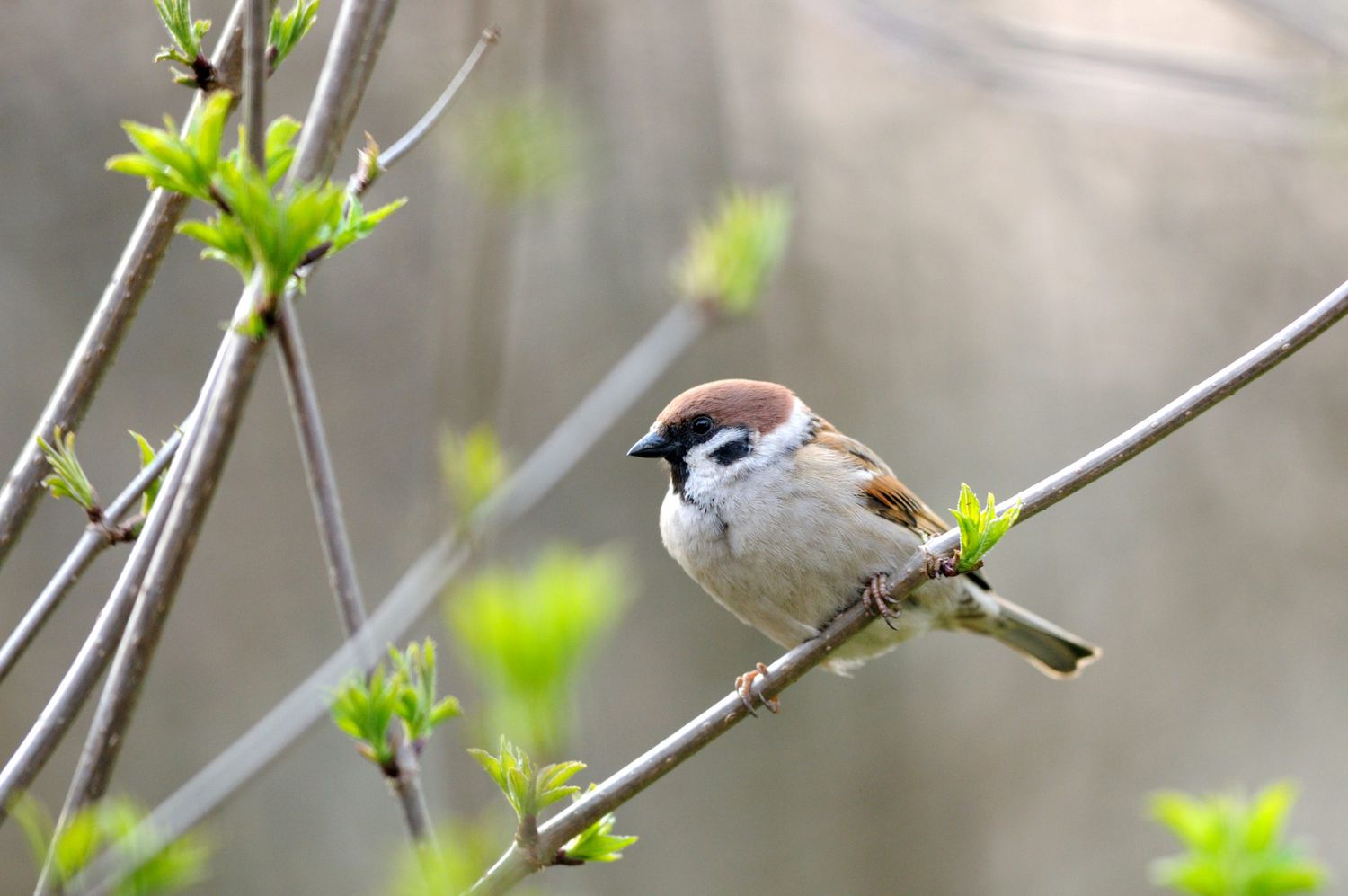
Passer domesticus
This bird, which is found throughout the U.S. year-round, is one of the most common songbirds in the world and lives in both cities and rural areas. They can make both cheeping and chattering noises, depending on the purpose of their call.
Kentucky Warbler
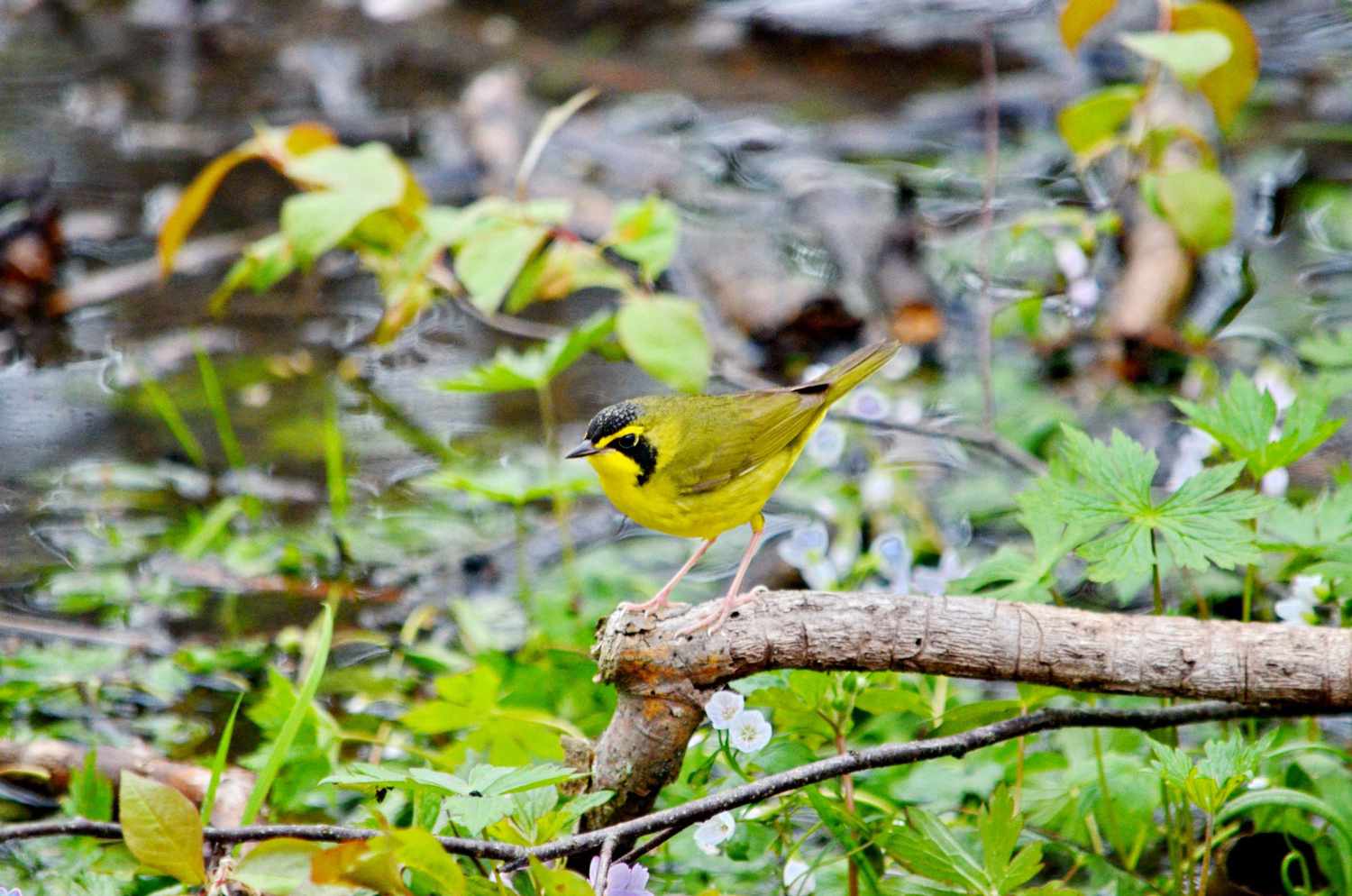
Geothlypis formosa
This bright yellow bird is commonly found throughout the South—including in, yes, Kentucky—during its breeding season. Both adult males and adult females have telltale yellow feathers, which you will in forest understories as the birds forage for food beneath fallen leaves and branches.
Bluebird
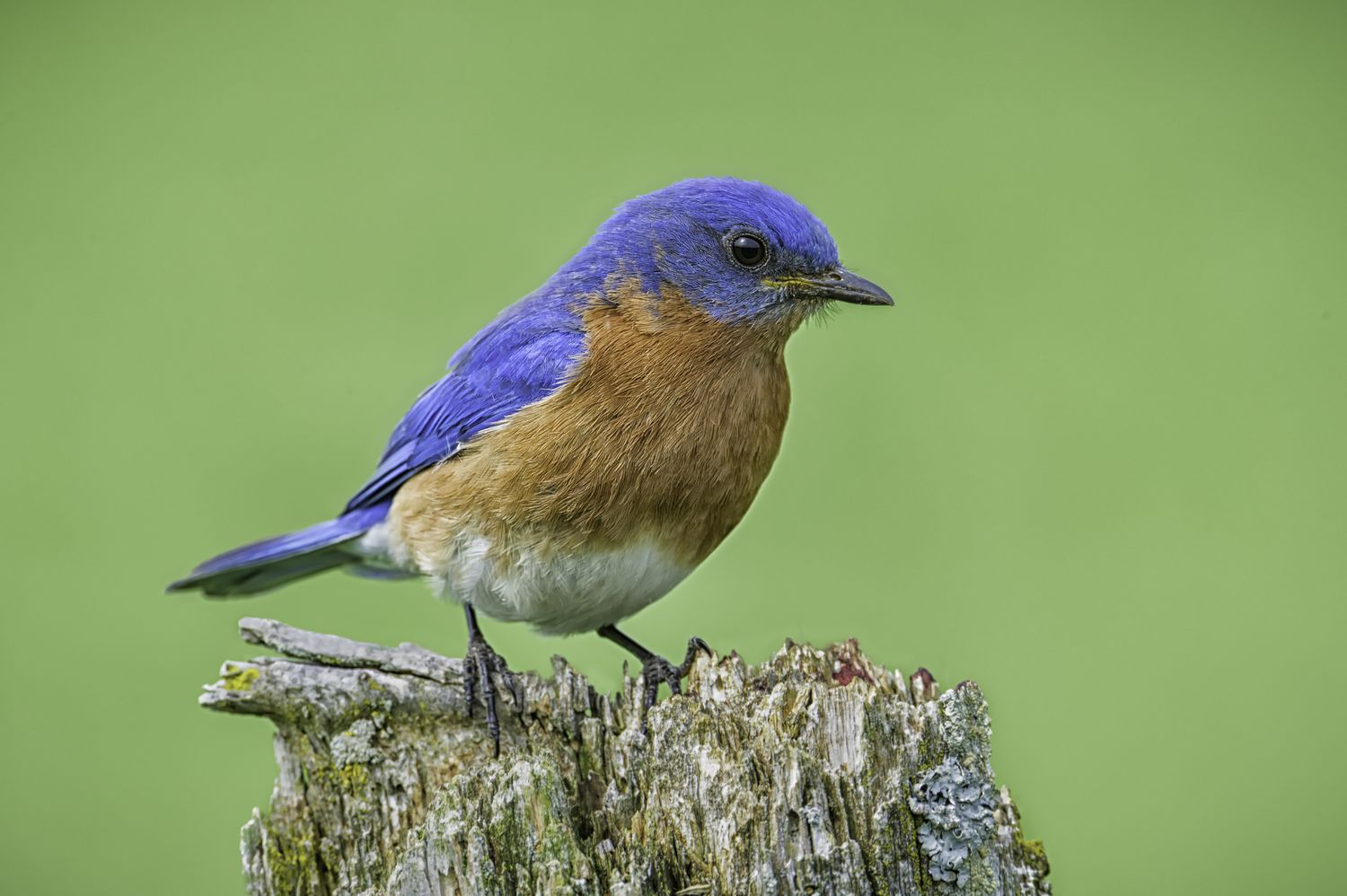
Sialia sialis
One of the most beloved of the songbirds, bluebirds can be identified by their bright blue and copper feathers, as well as their calls, which are cheerful and warbling tweeting and twittering sounds.
Northern Cardinal
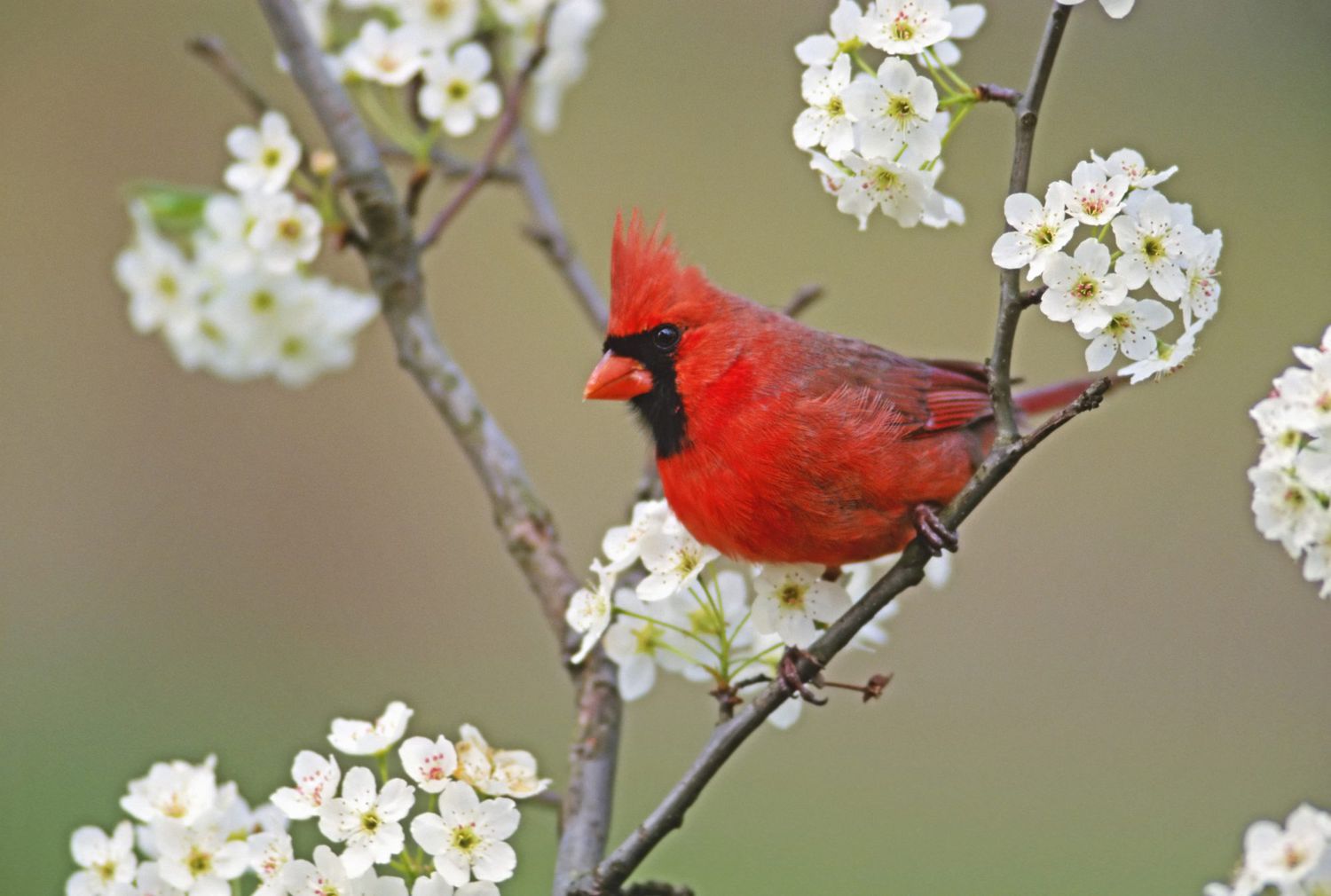
Cardinalis cardinalis
You can’t miss these bright red birds, which have red beaks and pointed red combs atop their heads. They’re commonly found throughout the Southeastern and Eastern U.S., and they sing a trilling, whistling song. Learn more about the Northern cardinal.
Northern Mockingbird
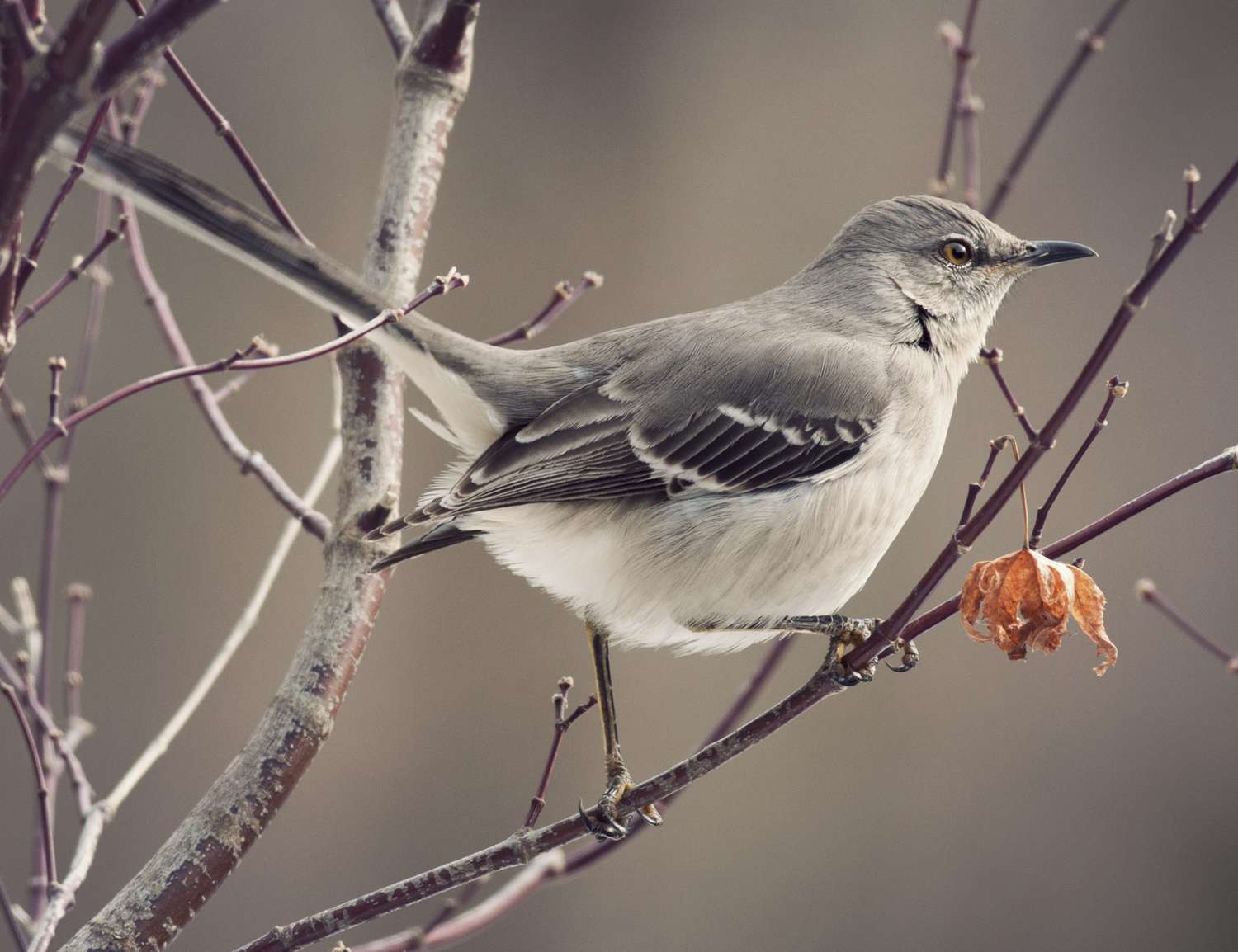
Mimus polyglottos
Found throughout the Southern reaches of the United States, these birds have repetitive songs and are also able to imitate the sounds they hear. They have the capability of making hundreds of distinctive noises, making them one of the most versatile avians in the region.
Red-Winged Blackbird
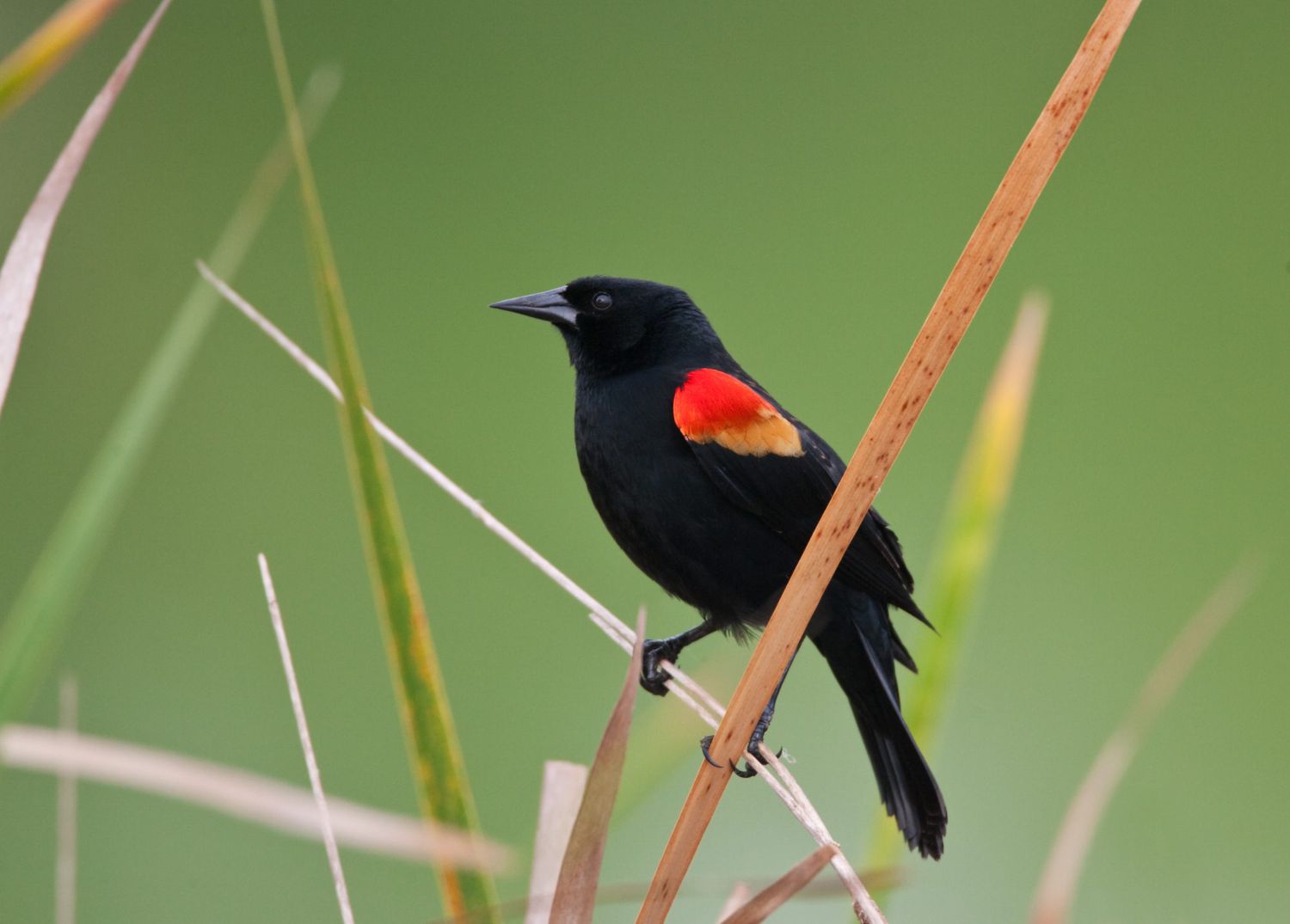
Agelaius phoeniceus
Commonly found from the East Coast to the West Coast, these blackbirds have red and yellow patches on their wings. While adult males have striking feathers (black with bright wings), females have a brown color palette. The song they emit is a bright calling at the beginning of spring.
Common Starling
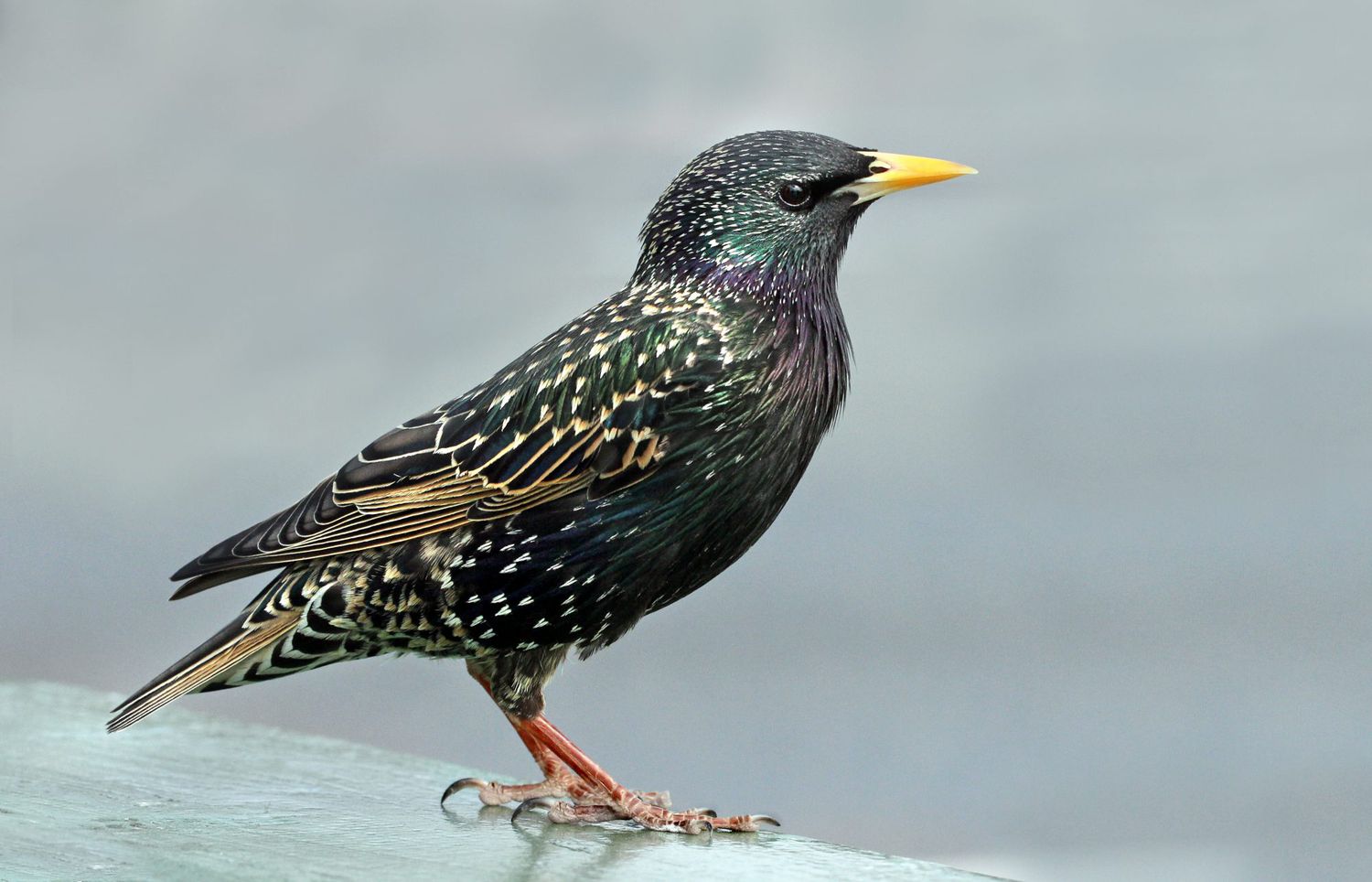
Sturnus vulgaris
Common in the U.S., starlings that live in the South usually do so year-round, while those that live farther north often migrate in autumn. Their rowdy and varied calls sound like a noisy chattering, particularly when emitted in groups.
Blue Jay
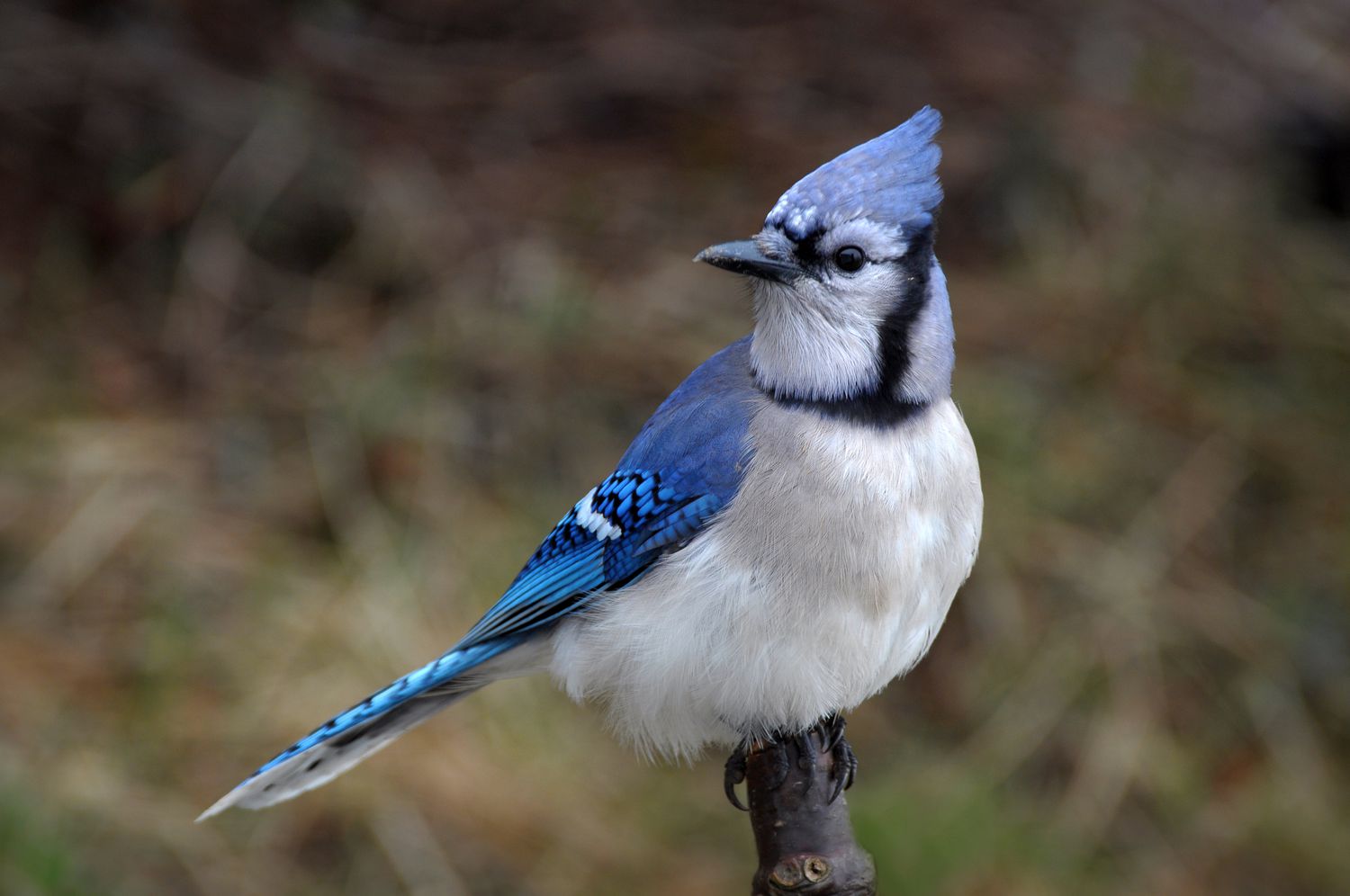
Cyanocitta cristata
A common resident in the Southern states, the blue jay has a distinctive blue, black, and white feather pattern with a pronounced crest atop its head. These birds have a variety of call sounds, including notes that sound like whistling.
American Goldfinch
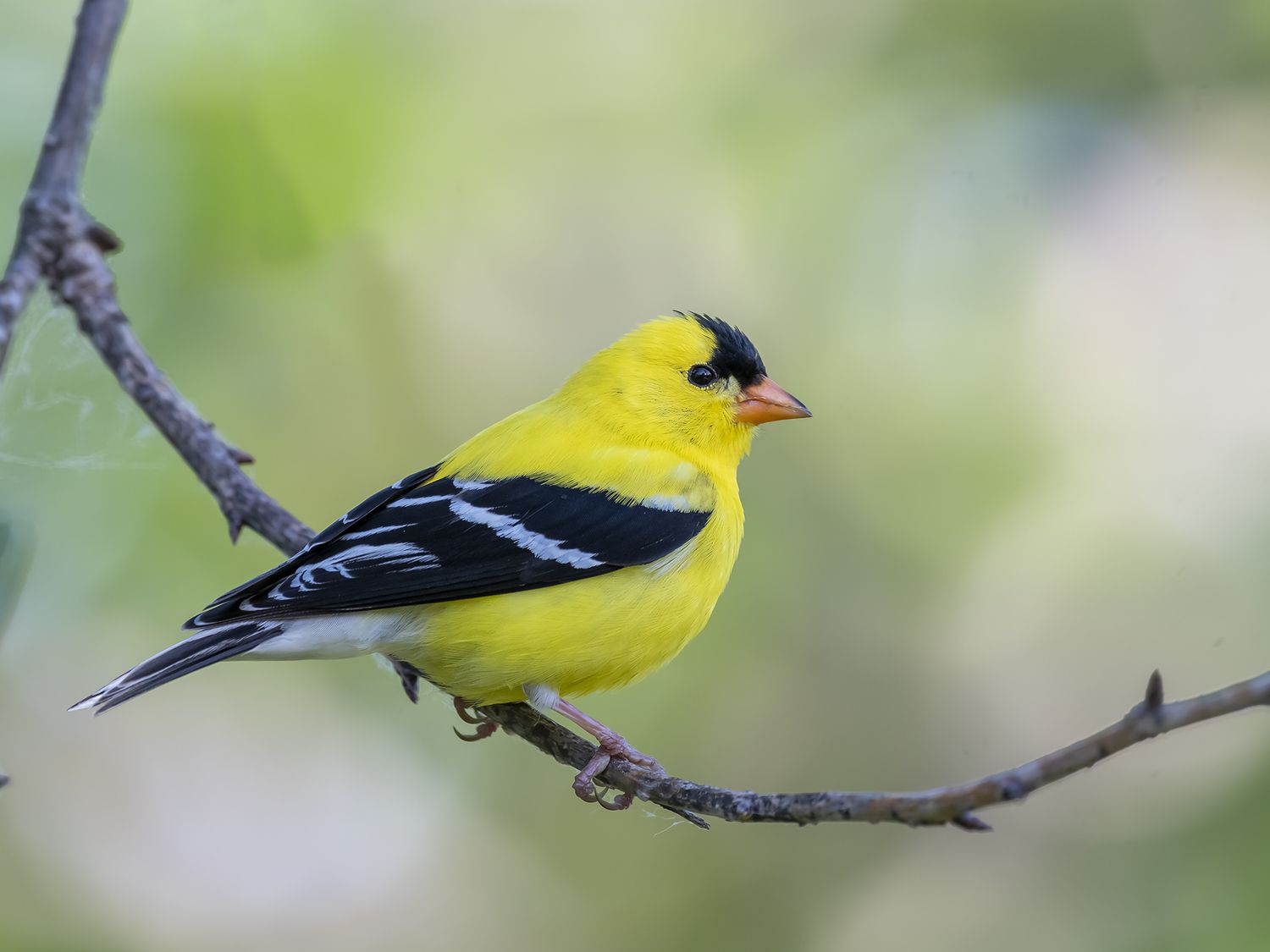
Spinus tristis
This small, brightly colored bird is native to North America. Distinguished by its yellow body, black-and-white wings, and short tail, males and females of the species repeat sequences and series of notes in different situations.
Tufted Titmouse
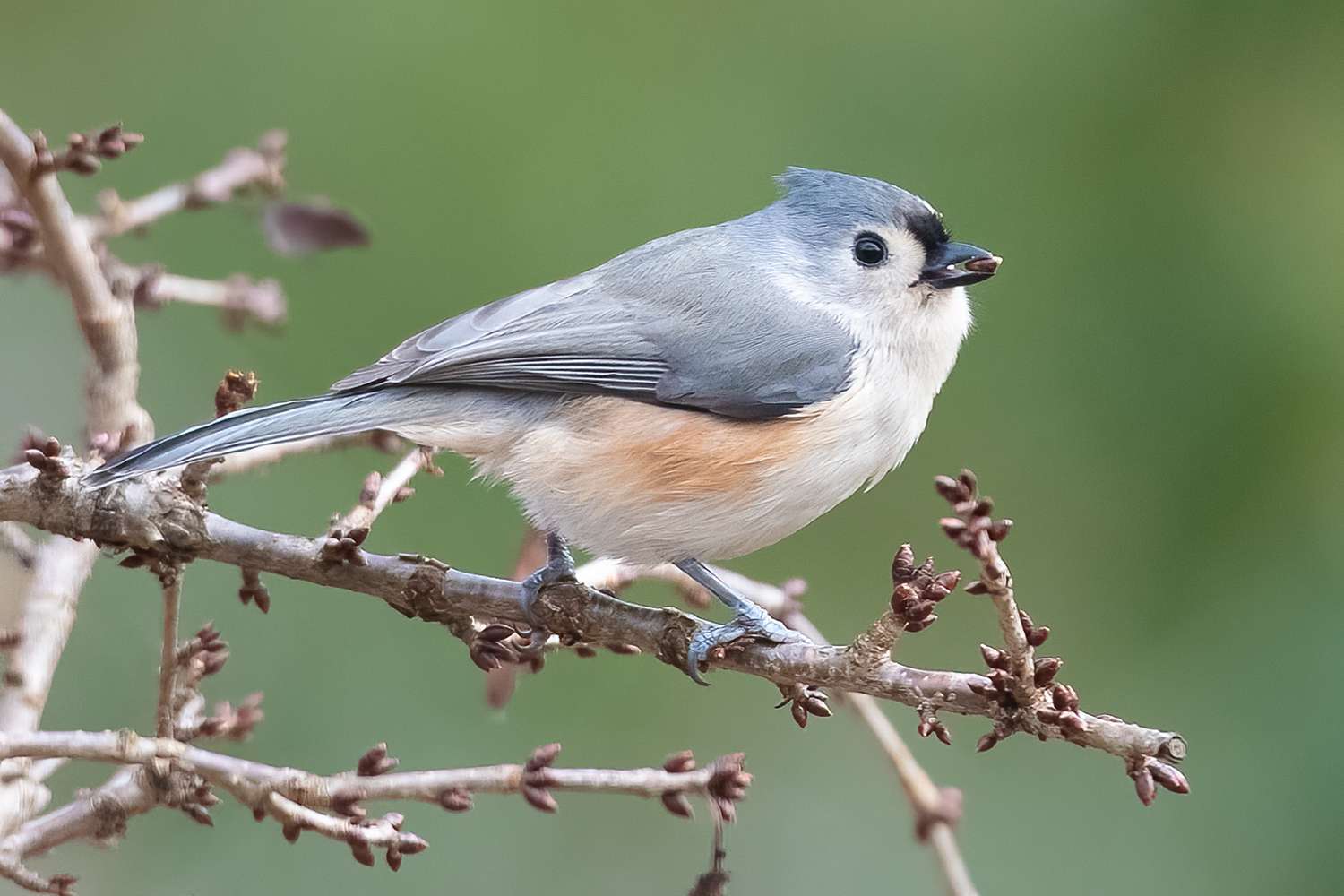
Baeolophus bicolor
The tufted titmouse is a small songbird with a soft blue-grey cape of feathers paired with a white breast and copper smudges beneath its wings. Its songs echo through the trees and include repeated whistles that can carry many repetitions per minute.
Carolina Chickadee
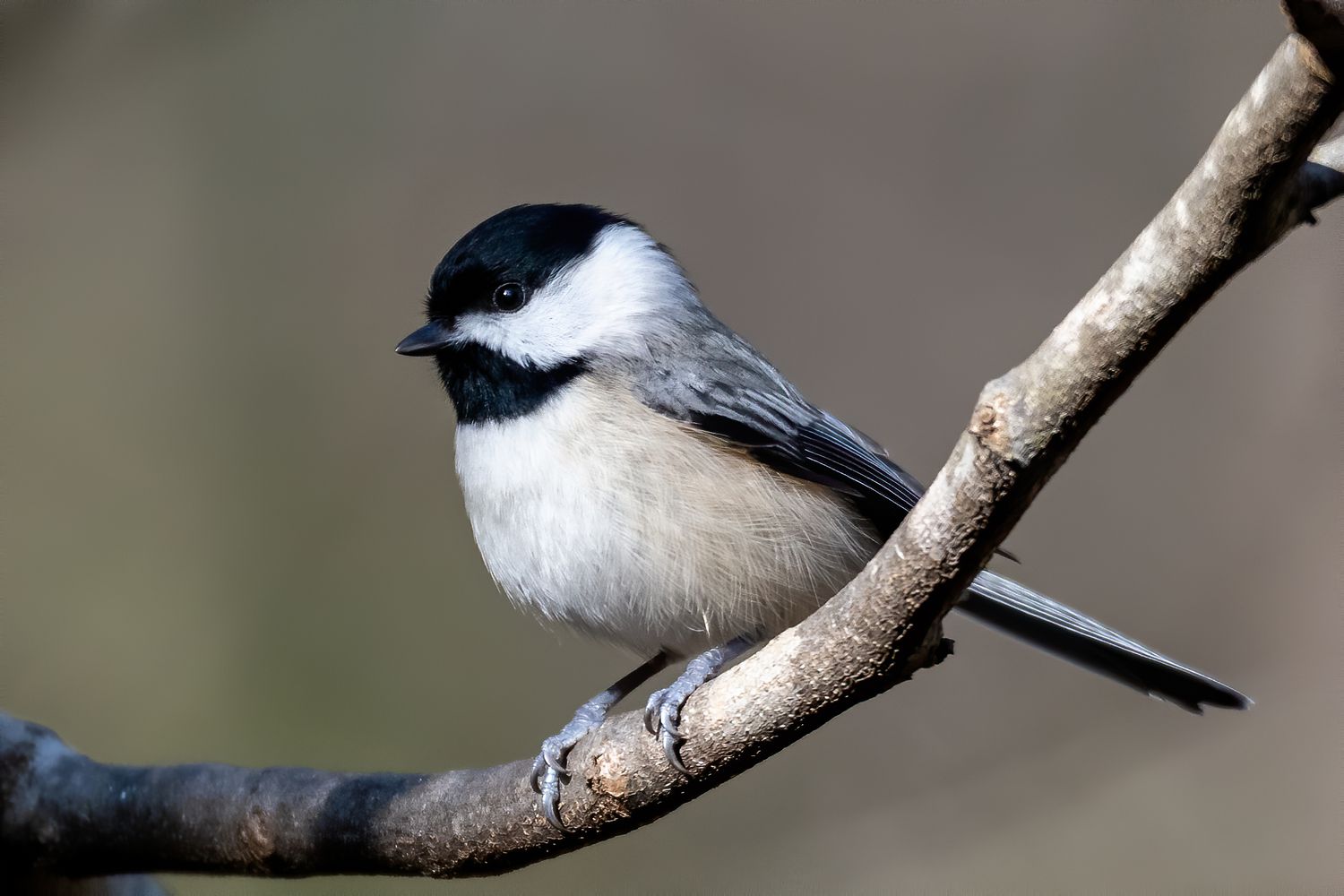
Poecile carolinensis
These plump little birds, which look similar to but are distinguished from black-capped chickadees, have dramatic white streaks below the eyes and emit a variety of sounds, including a high-pitched call that repeats quickly and a four-note song.
Was this page helpful?
Thanks for your feedback!
Tell us why!